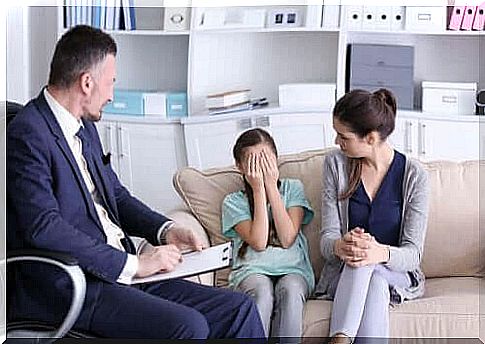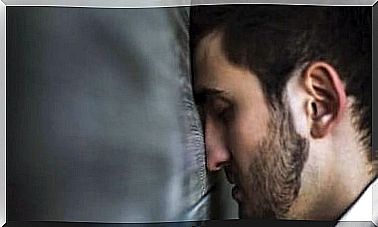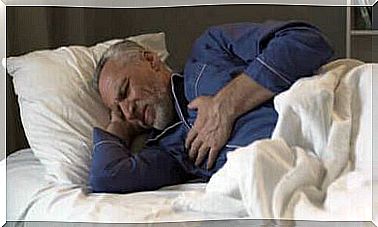An Oppositional Defiant Disorder

Oppositional Defiant Disorder (ODD) is usually diagnosed during childhood. It is characterized by very negative and rebellious behavior, as the name suggests.
The child is consistently uncooperative, annoyed, and annoyed by those around him, be it his or her parents, classmates, teachers, or even peers.
If you think your child may be suffering from or already been diagnosed with this disorder, read on. In this article you will learn more about this and also what steps you can take to treat it.
Does my child suffer from oppositional defiant disorder?
This conduct disorder affects between 1% and 16% of school-aged children. It affects more boys than girls. However, it is important to distinguish when the symptoms are distressing or temporary, for example when the child is hungry, sleepy, stressed or exhausted.
This condition can also occur if the child is between 2 and 3 years old and in a transition phase. However, it is very important to pay attention to this behavior when the oppositional and defiant behaviors are frequent. It only requires treatment if it hinders the learning process or disrupts lessons or relationships with peers.
Symptoms

The symptoms of this condition in children can vary. However, they often manifest as aggressive behavior, tantrums, and constant negative attitudes. The most common symptoms of this disorder are:
- Tantrums and anger.
- Constant arguing with the people around them.
- Refusing to do and contradicting what adults ask or say.
- Difficult attitude towards others and sensitivity when others annoy him or her.
- Cold and disrespectful language.
- Hateful attitude.
Steps to Treat Oppositional Defiant Disorder in Children
1. Getting the right diagnosis
First of all, it’s easy to confuse the symptoms of ODD with other behavioral disorders. Therefore, if these behaviors are frequent, you should see a doctor with your child.
The medical specialist will be able to make the correct diagnosis. So you can start thinking about the next steps and the treatment.
In most cases, parents and teachers can detect these features in children. However, a child psychiatrist or mental health professional should evaluate the child based on their medical and social history and specific tests.
2. Try a Therapy-Based Treatment

There are many treatments available. First, the child may attend individual psychotherapy sessions. Cognitive behavioral therapy is often used to improve their social and interpersonal skills and help them better manage their impulses and emotions.
It is also very important to involve the whole family in the therapy, especially the parents. Family therapy can promote good communication and conflict resolution. It can also be a source of emotional and practical support for parents, who are often overwhelmed by the situation.
On the other hand, family therapy also aims to solve this disorder from the root of the problem. As for the origin of this psychological imbalance, research data currently points to behavioral patterns learned in early years from individuals that children look up to.
It is, among other factors, also often related to:
- a lack of discipline.
- abuse.
- traumatic and stressful situations.
- a lack of family harmony.
It is important to keep this in mind as parents and to know that there are many ways you can help your child overcome this.
3. Only use medication as a last resort
Medication is not a common treatment for oppositional defiant disorder in children because it can have harmful side effects and health consequences. However, in some cases, the doctor may make an assessment and still decide to treat the child with antipsychotics.
This is especially true if the child shows aggressive behavior, the behavior deteriorates significantly, or no other therapeutic option seems to work. In addition, medication can be administered if the child becomes a danger or threat, whether at home or at school.
In some cases, if this condition is accompanied by other behavioral problems, other types of medications may be prescribed. For example, the doctor may give the child stimulants if he or she is suffering from ADHD or antidepressants for periods of depression and/or anxiety.
The main goal is to improve the child’s quality of life, but it is also very important to always consider the possible side effects of the drugs.
An oppositional defiant disorder: conclusion
Ultimately, both the child and his or her relatives and loved ones will have to put in a lot of effort and lifestyle changes to recover from the problem. These kinds of mental disorders cause a lot of distress and despair for the whole environment, as well as a constant feeling of helplessness.
However, with proper treatment and a positive attitude from the whole family and educational system , this disorder can be overcome. So contact your doctor if you think your child is suffering from this disorder.









